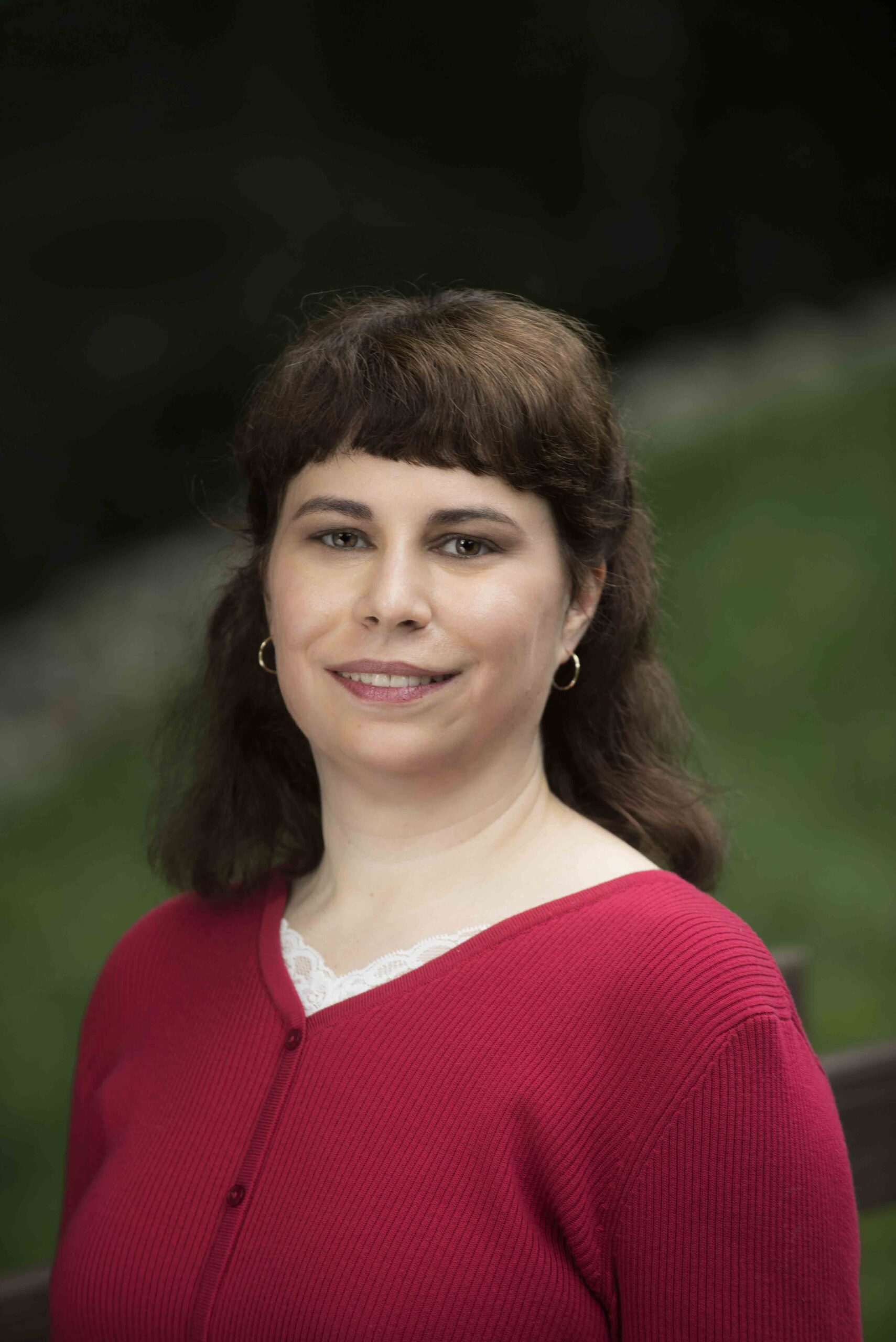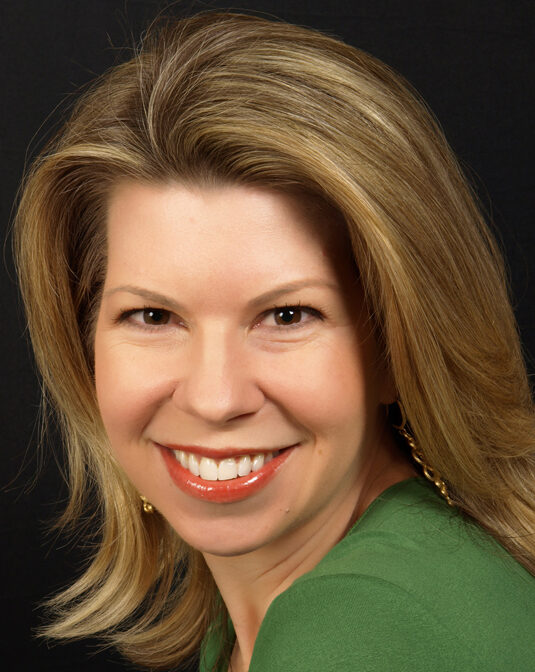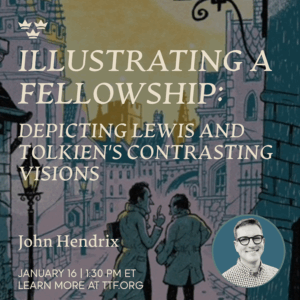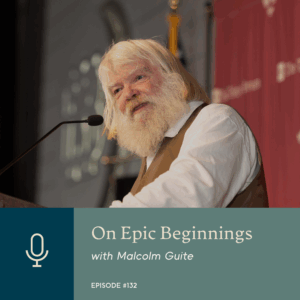Dorothy & Jack: a Story of Friendship & Formation
October 30, 2020
Overview
Speakers
-
 GINA DALFONZO
GINA DALFONZO -
 CHERIE HARDER
CHERIE HARDER
SHARE

